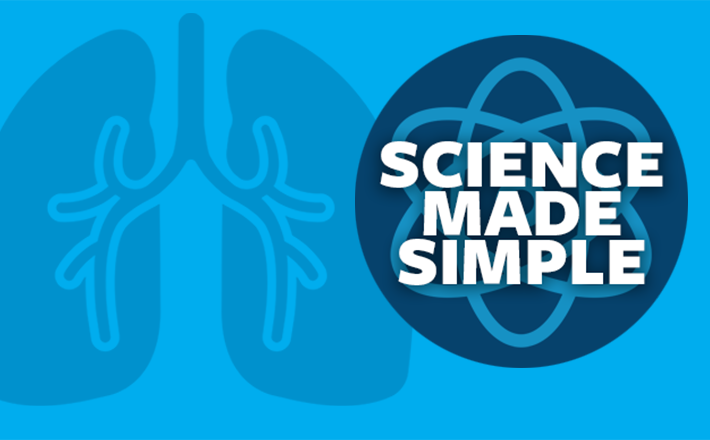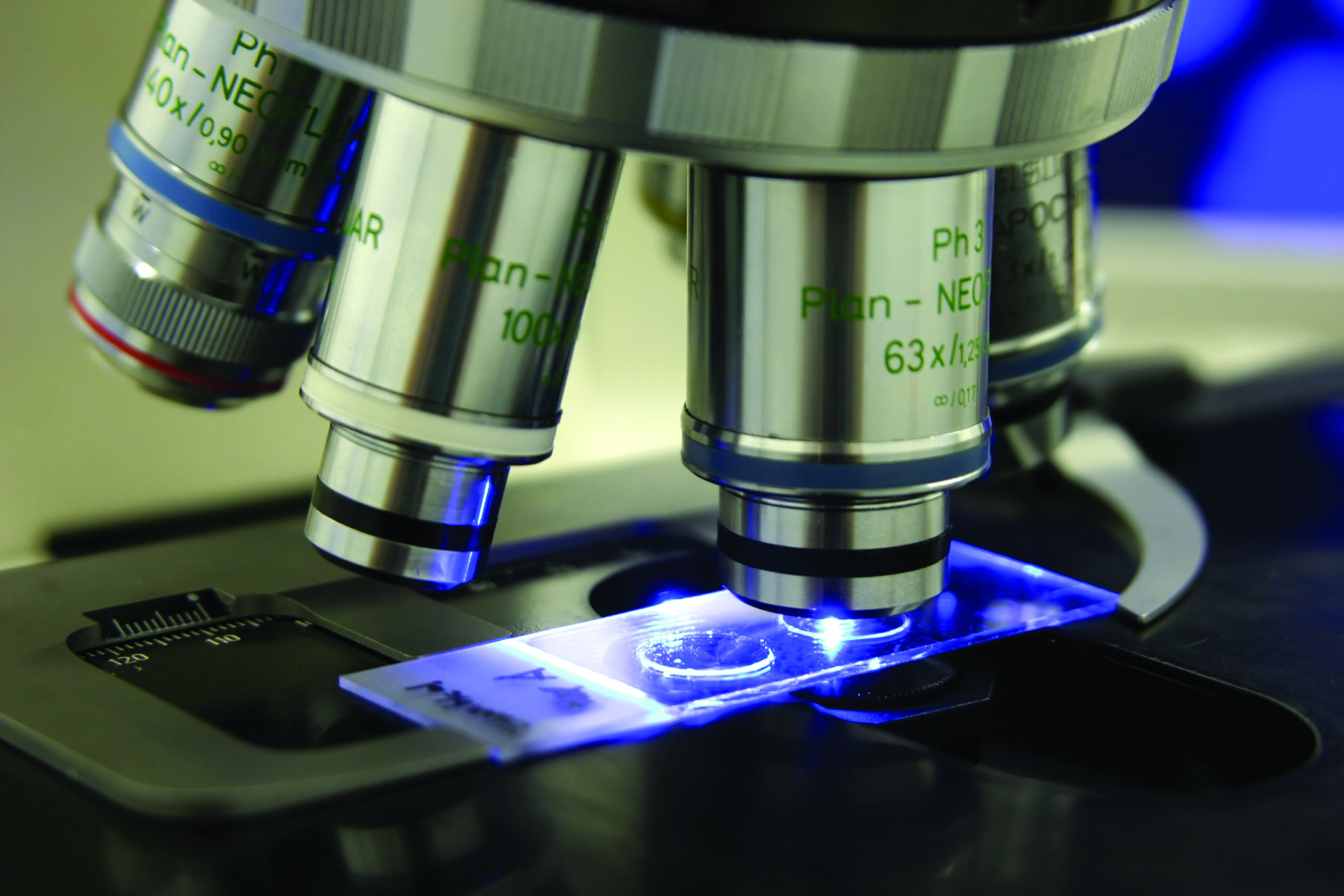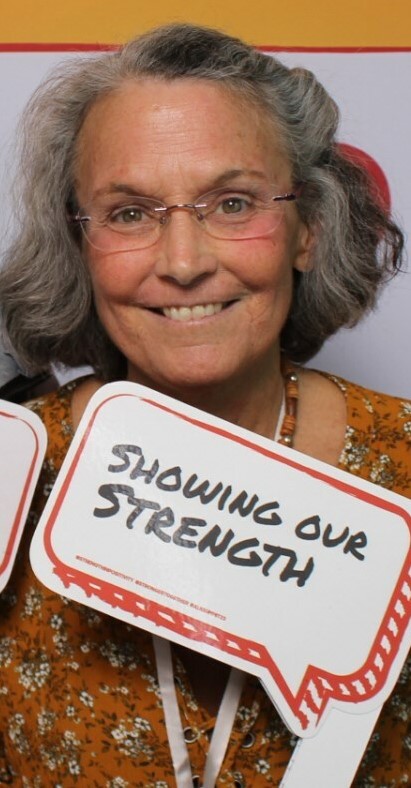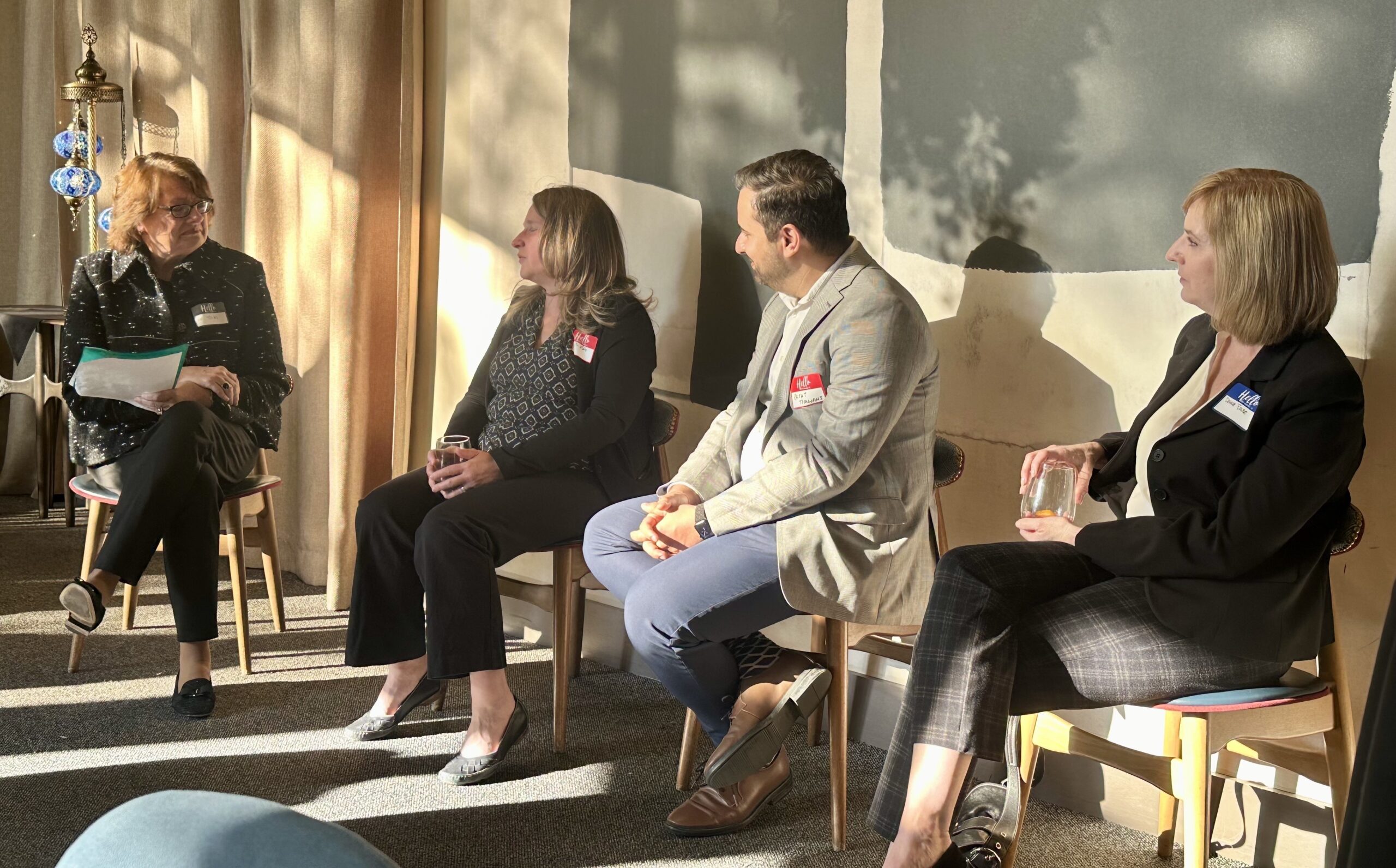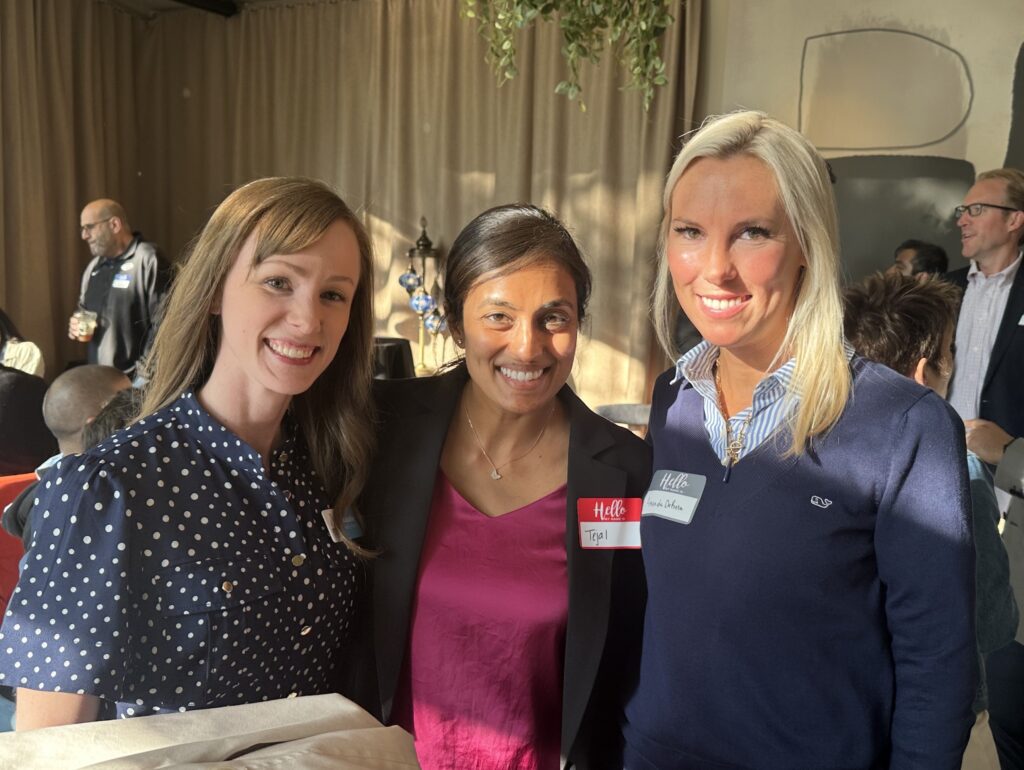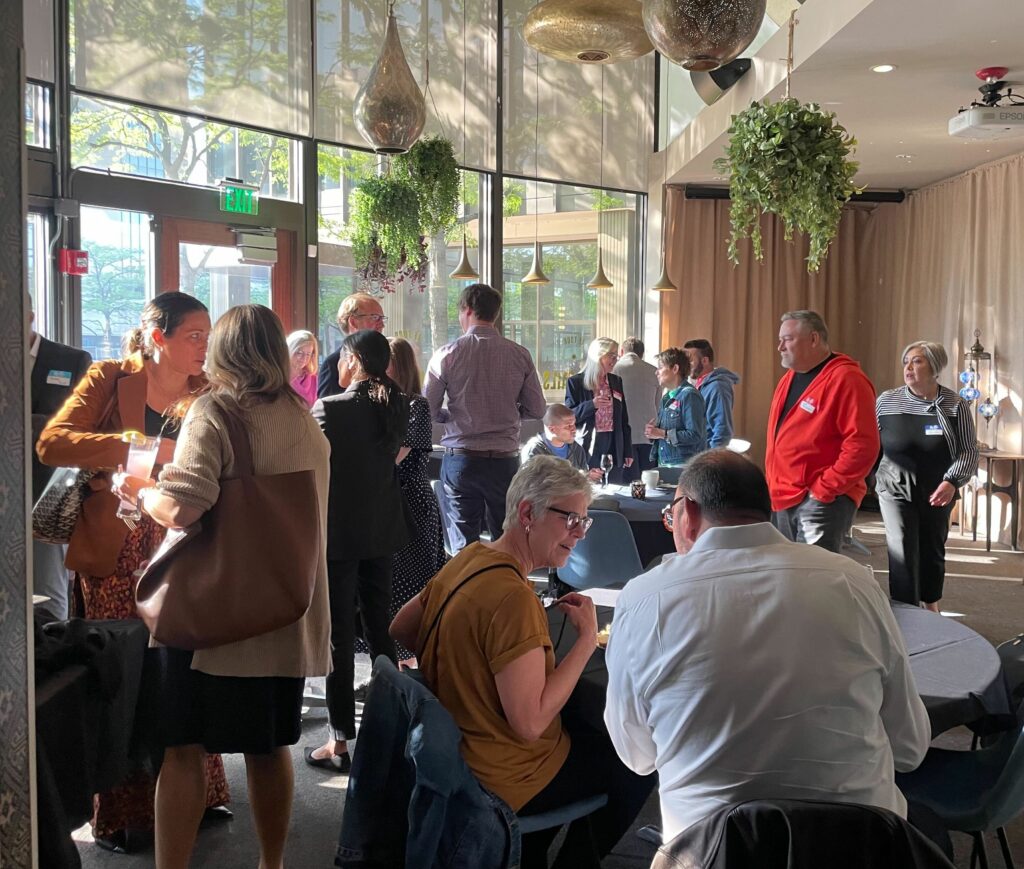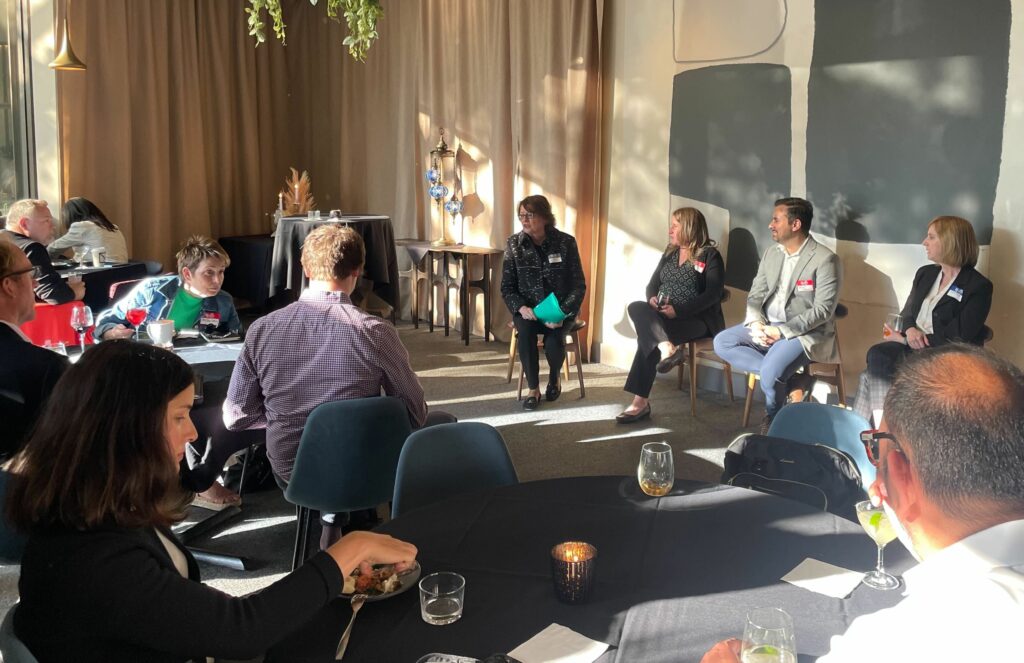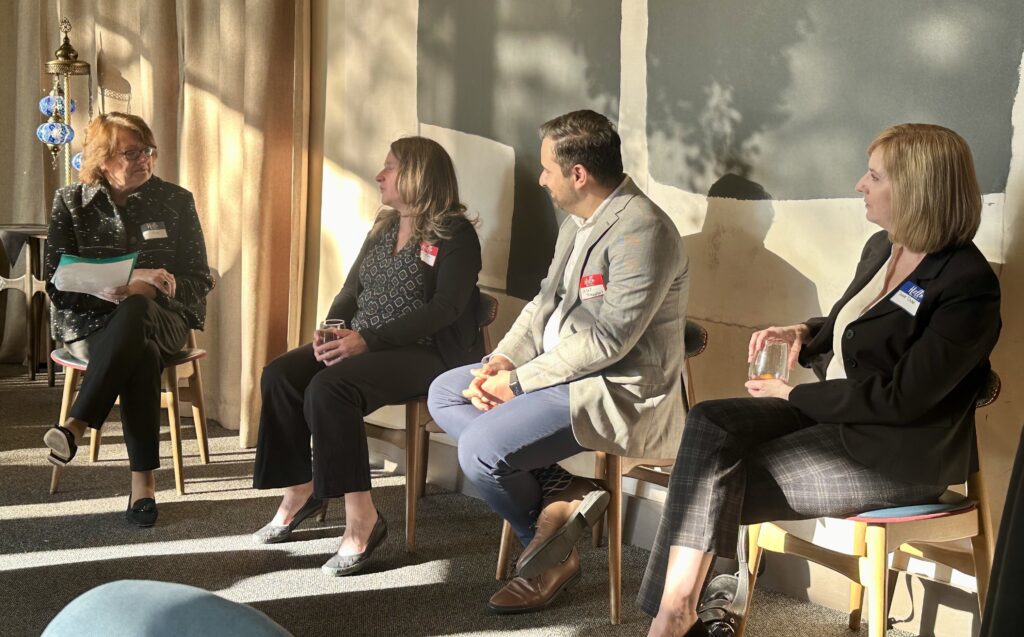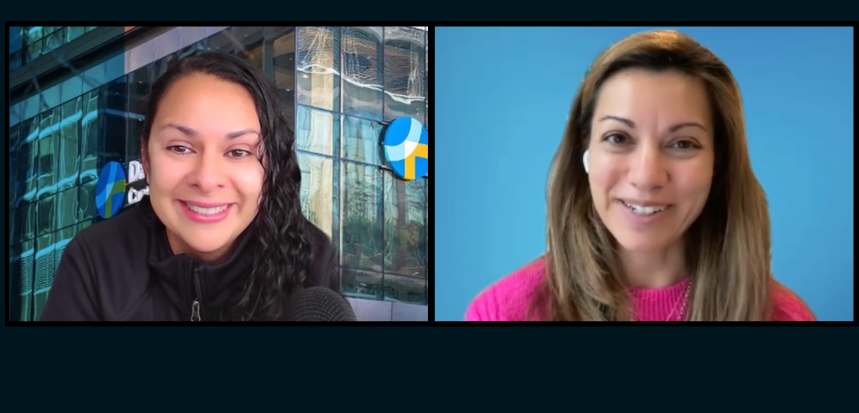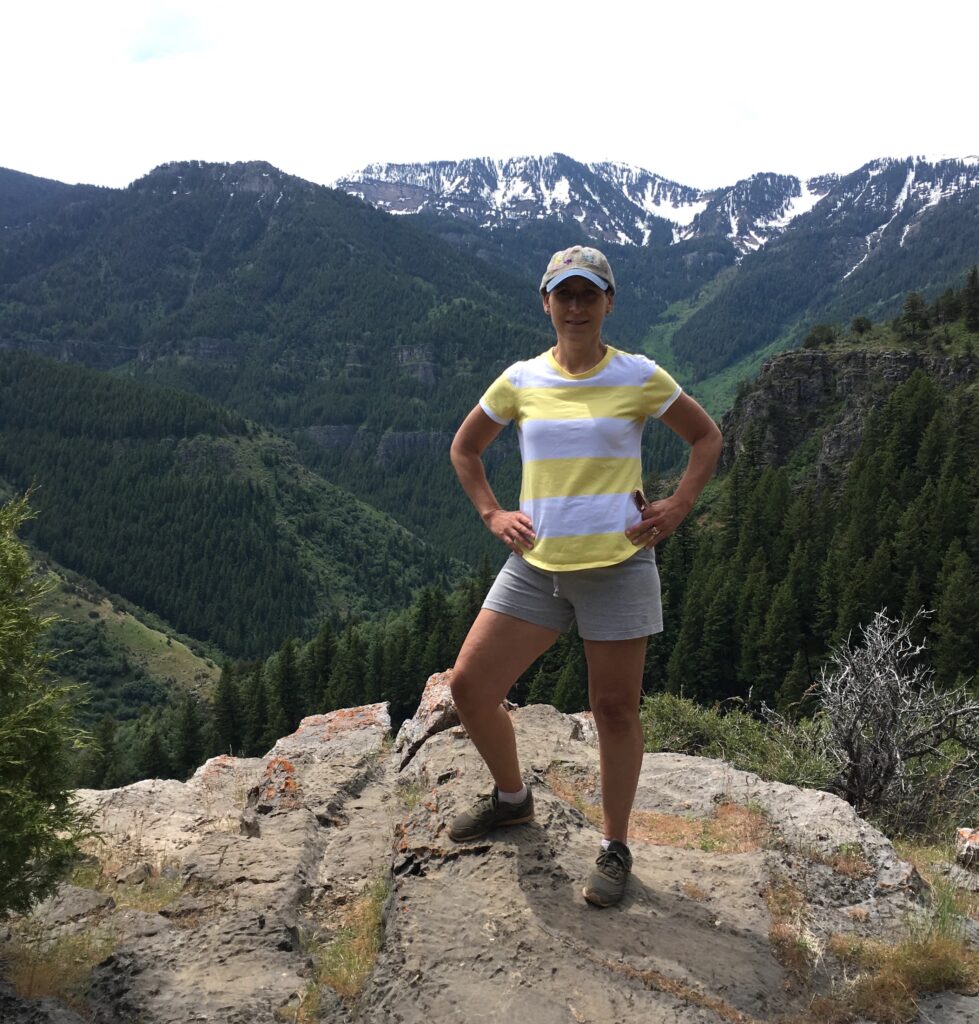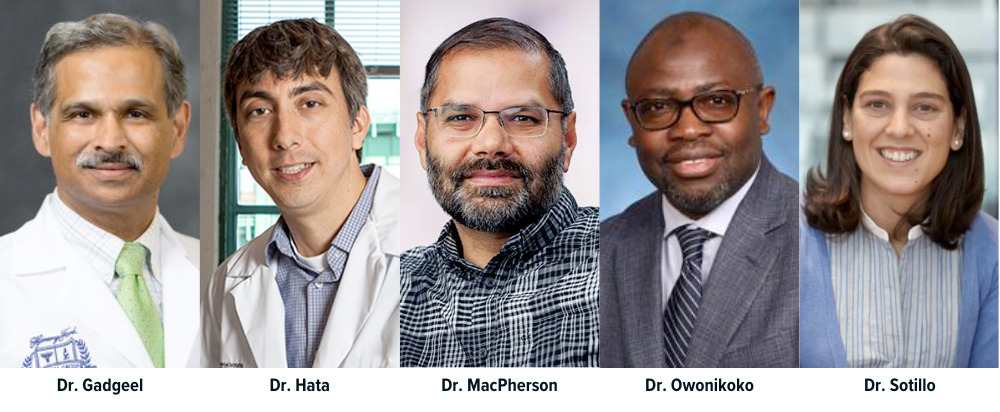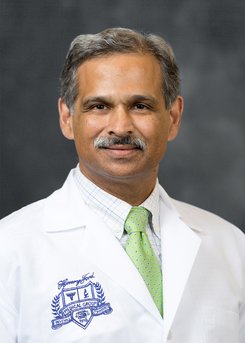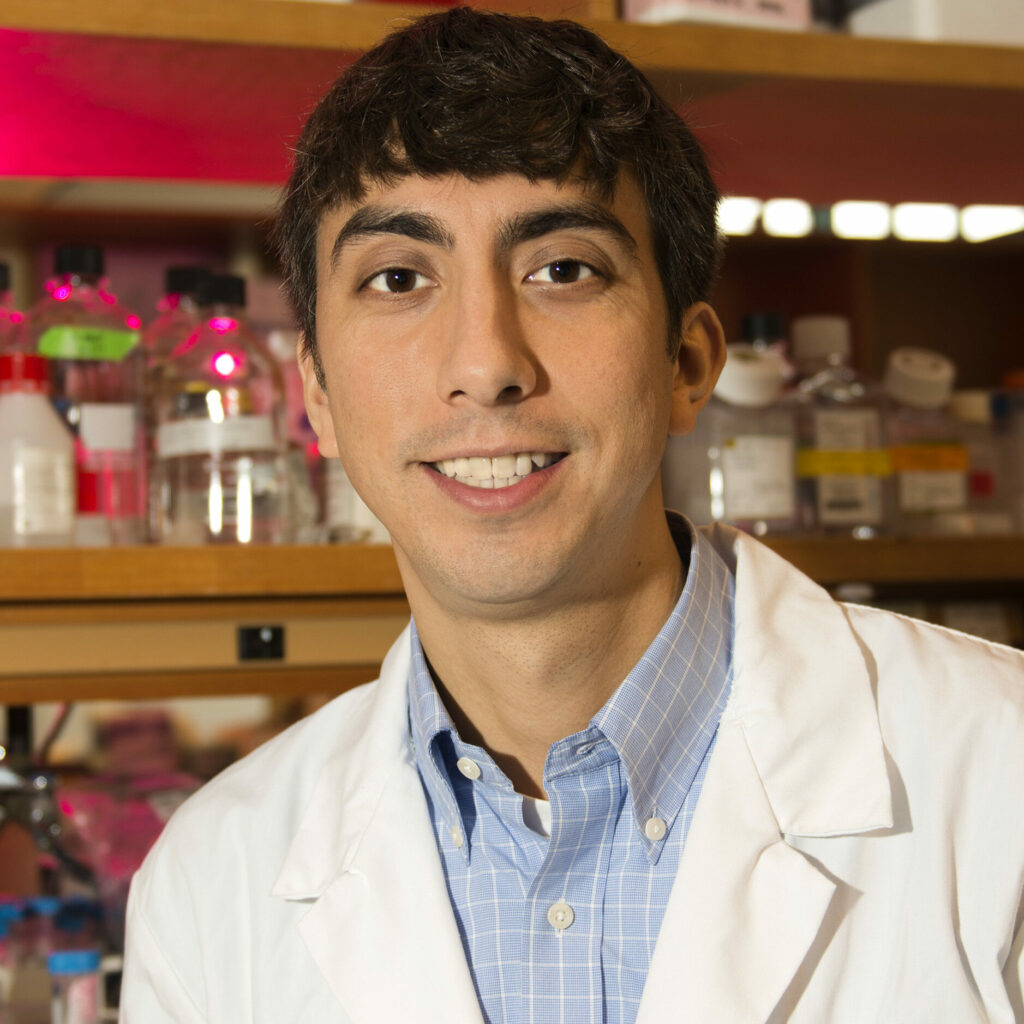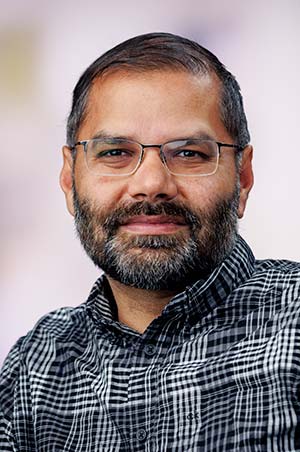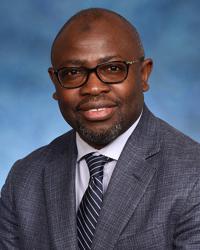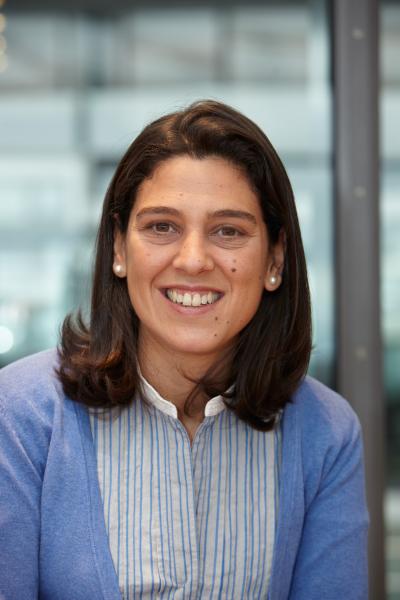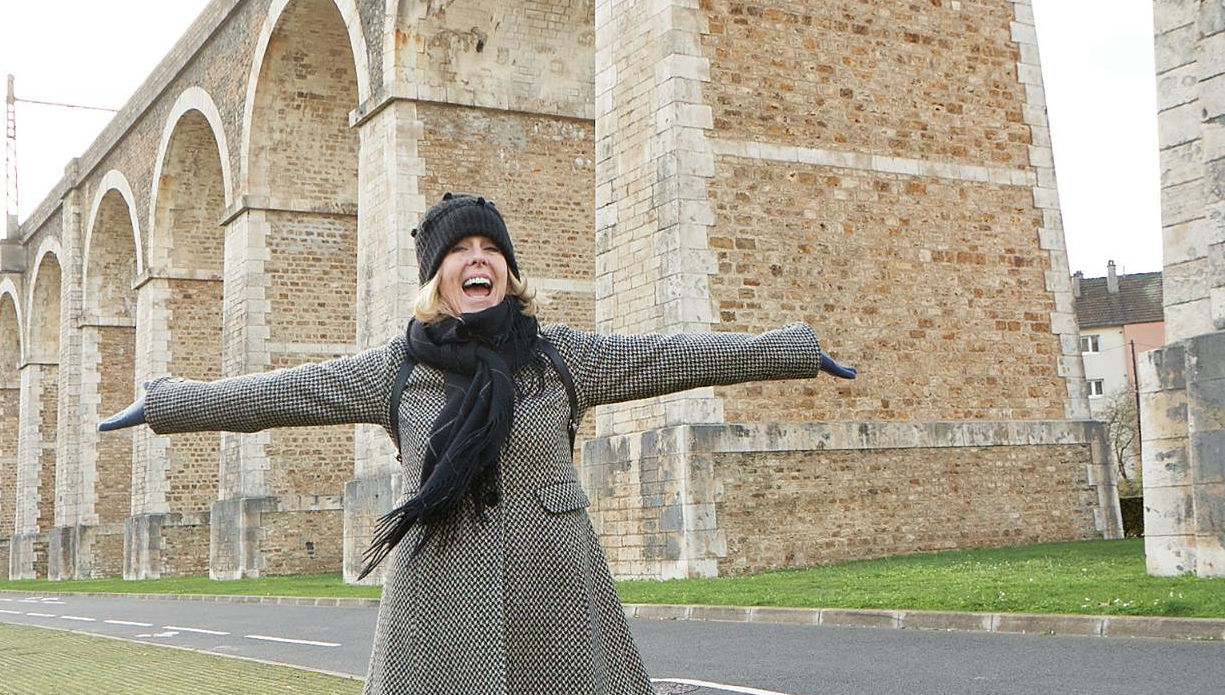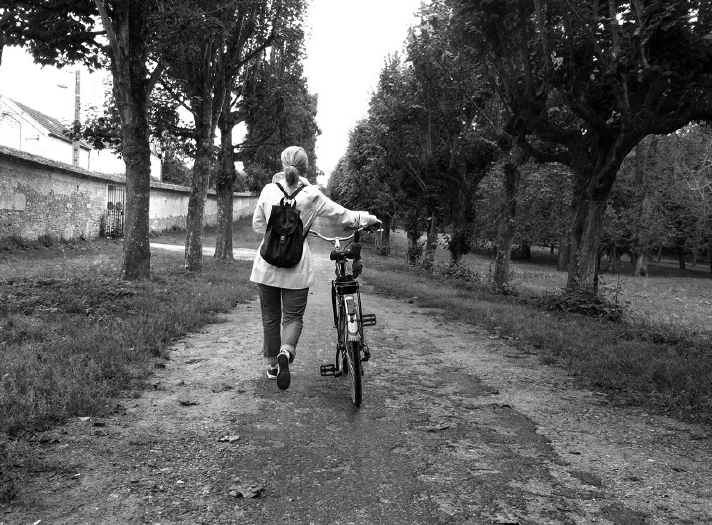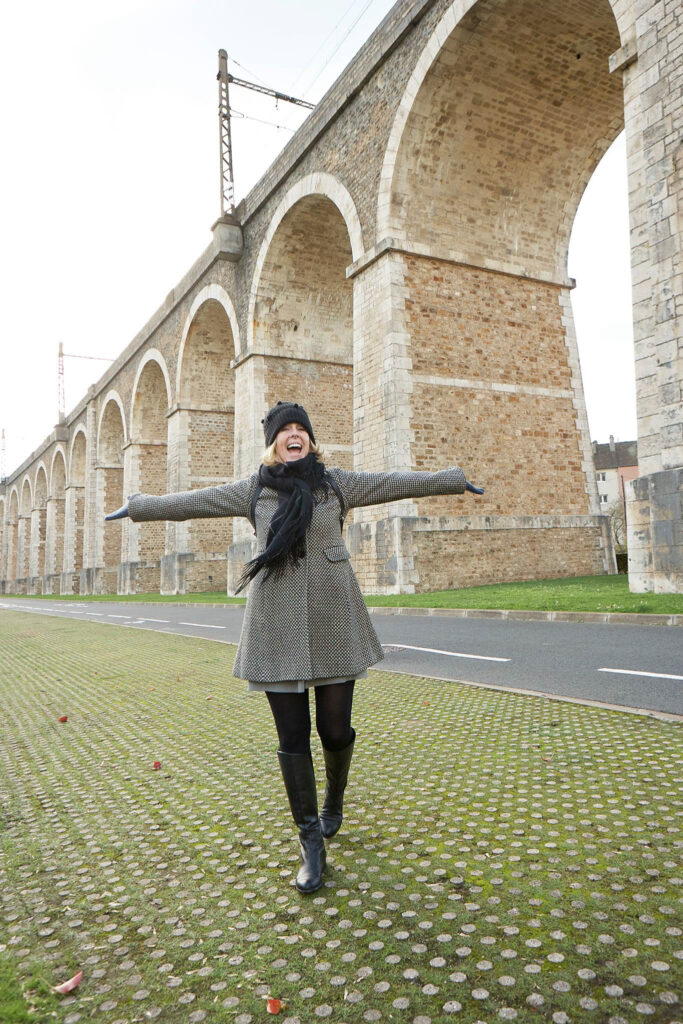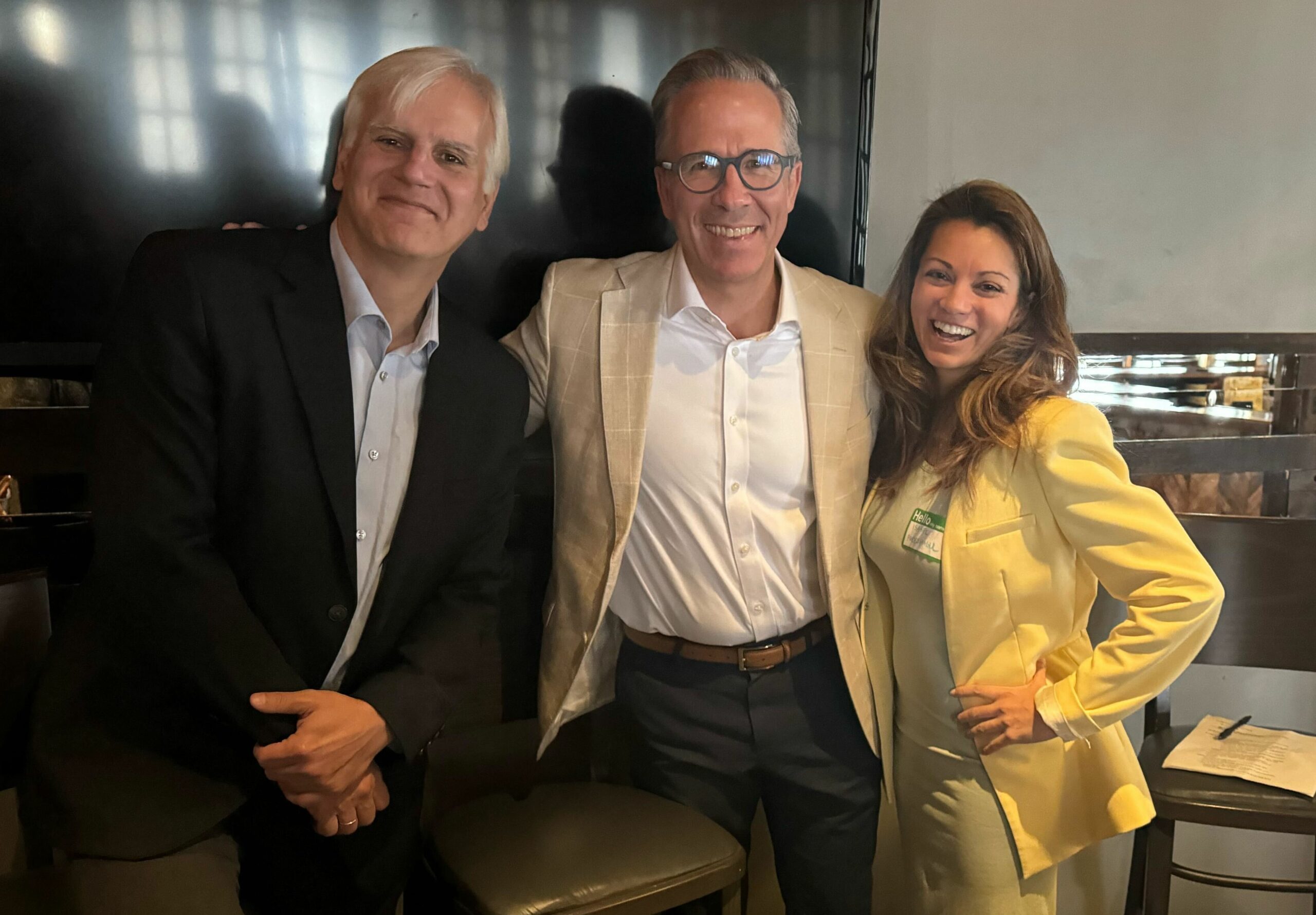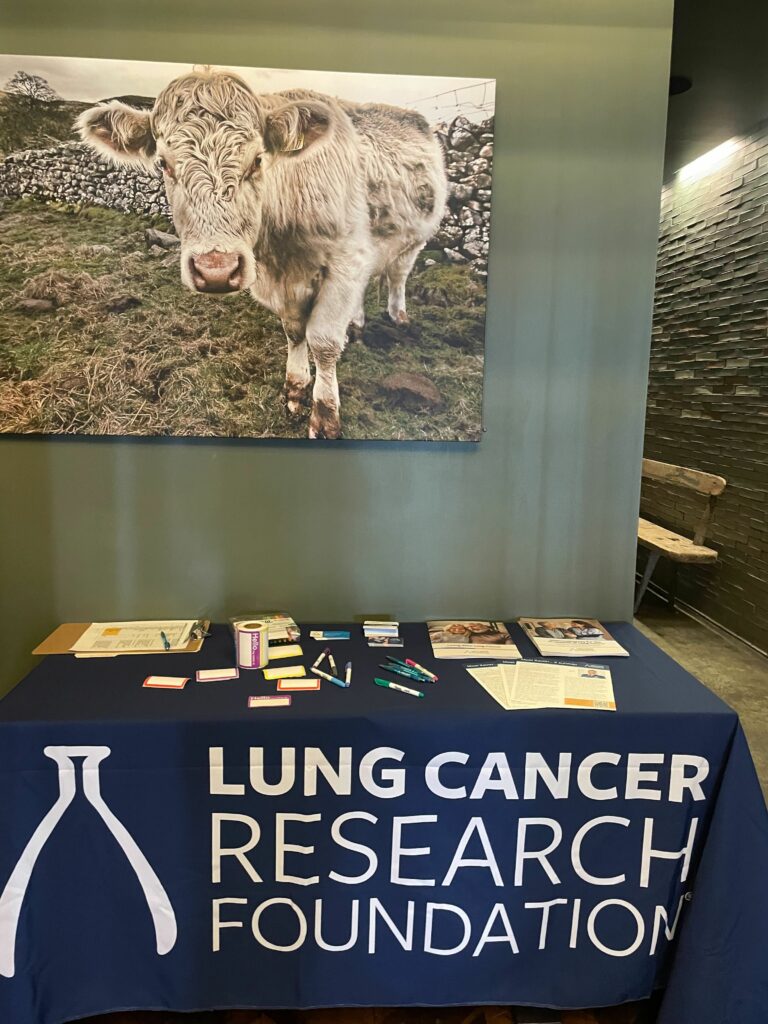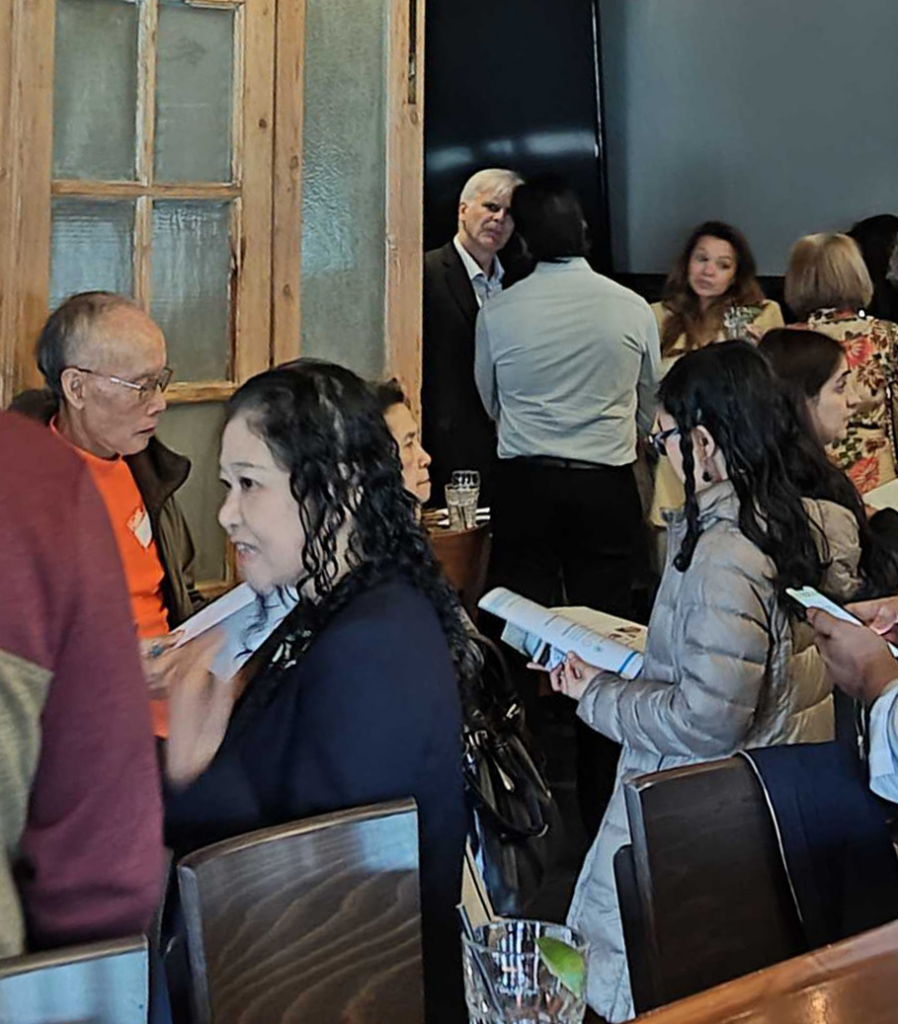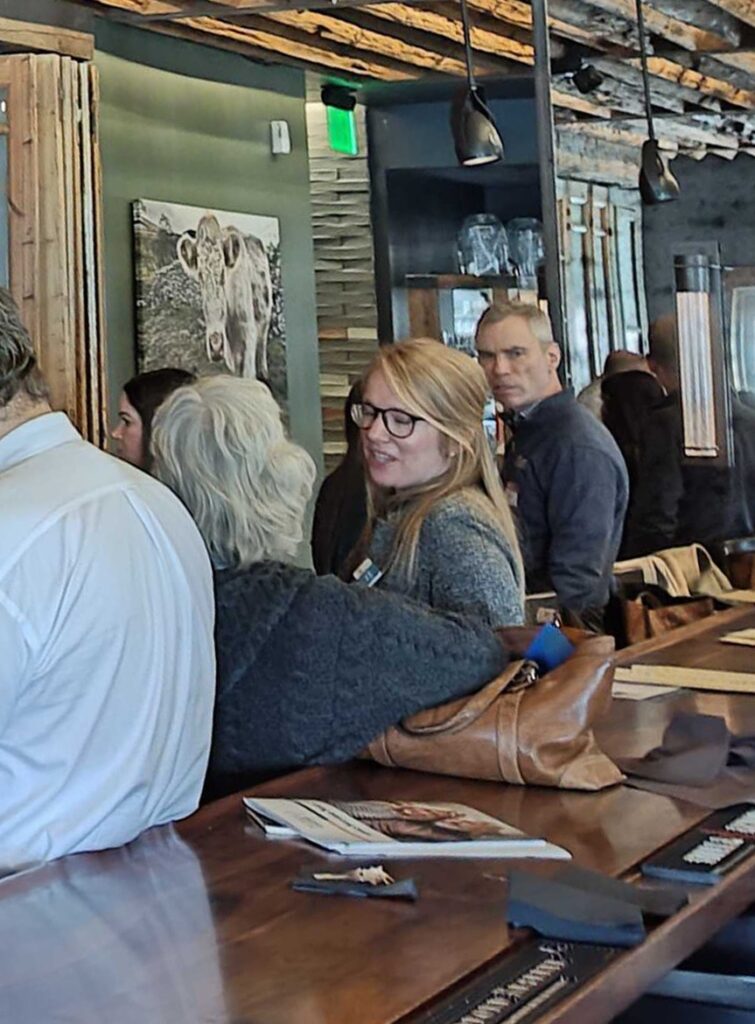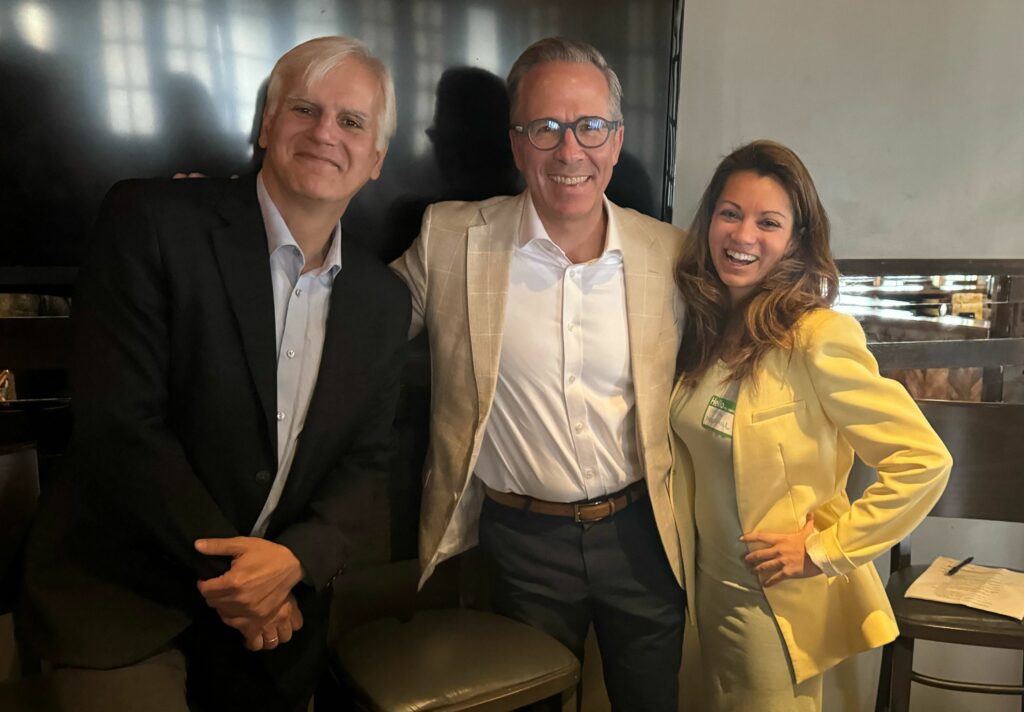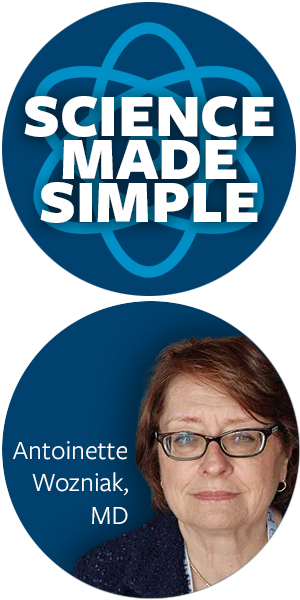
The good news
The FDA recently granted accelerated approval to tarlatamab for the treatment of patients with extensive stage small cell lung cancer (ES-SCLC) who have progression of their disease after chemotherapy.
Why it’s important
Small cell lung cancer (SCLC) is a fast-growing type of lung cancer that affects about 10-15% of lung cancer patients in the United States. Because SCLC has an aggressive nature, patients usually present with extensive stage disease. The standard initial treatment of ES-SCLC is chemotherapy, usually in combination with immunotherapy. The cancer initially is very sensitive to the therapy and patients often feel better very quickly. Unfortunately, the disease has a tendency to come back, and it is often resistant to further treatment. Tarlatamab is a unique bispecific T-cell engager. It works by using two antibodies to connect T-cells (immune cells) to a target on the cancer cell. In this case, the target is DLL3 (delta-like ligand 3). DLL3 is present on the surface of more than 85% of SCLC and is thought to be important in the development of SCLC. The FDA approval was based on the results of the DeLLphi-301 trial. Ninety-nine patients with ES-SCLC that progressed after initial treatment were given tarlatamab. The disease responded in 40% of the patients and was controlled for a median of 9.7 months (New England Journal of Medicine, Volume 389, Page 2063, 2023).
What it means for patients
Tarlatamab is a new, unique therapy for patients with ES-SCLC. Its approval indicates that there is progress being made in the treatment of this disease. It is important to note that tarlatamab treatment carries with it some unique side effects. About 50% of patients developed Cytokine-Release Syndrome (CRS). CRS occurs when the immune system overreacts when exposed to a drug such as Tarlatamab which is a form of immunotherapy. Symptoms can include fever, nausea, rash, muscle aches, and fatigue. The CRS was usually mild and easily treated by the physician. An effect on the nervous system resulting in symptoms such as confusion, tremors, and weakness occurred in 8% of the patients. Again, the side effects were mild and managed by adjusting the dose of the drug. All potential side effects associated with tarlatamab should be discussed with your oncologist before treatment.
What to look for
Effective therapy for ES-SCLC is an area of urgent need and it is very important that new treatments are developed. Tarlatamab has received an accelerated FDA approval which means that its continued approval may depend on the results of additional clinical trials. Expect to see more clinical trials incorporating tarlatamab. Hopefully, this represents the beginning of more advancements in the treatment of SCLC.
